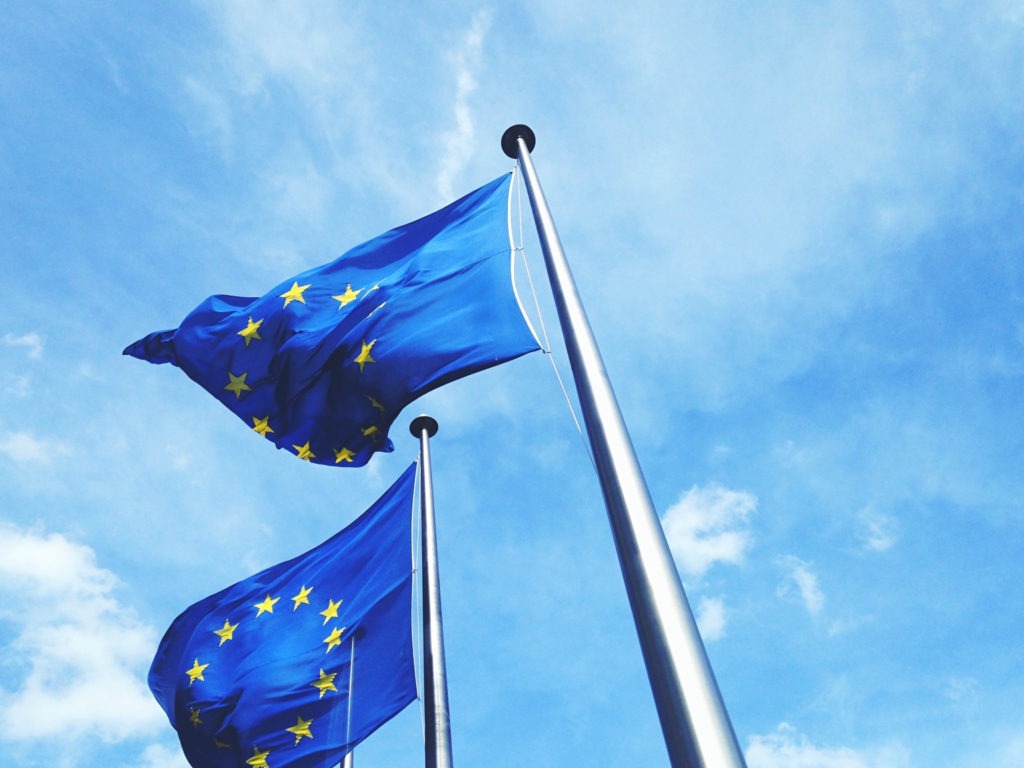EU type-approval rules opposed as commission looks to tighten regulations after Dieselgate
06 December 2017

06 December 2017
Germany and Italy are opposing a move to give the EU more supervision over the way national car regulators approve new vehicles for sale on the continent.
Following the Volkswagen (VW) Dieselgate scandal, the EU wants the power to audit national car approval authorities and fine vehicle manufacturers directly, rather than wait on member states to place penalties.
A critical proposal in the draft bill is that the European Commission would gain more oversight and could fine carmakers up to €30,000 per vehicle that cheats the system. OEMs would no longer pay testing agencies directly as EU member states would fund the emissions test centres themselves, although they may seek to recoup costs by introducing fees for OEMs. The draft was drawn up in April.
According to news agency Reuters, EU sources say the bloc’s three legislators – the European Parliament, EU member governments and the European Commission – are close to reaching a compromise on the draft law when they meet on Thursday, but remain divided over how much market surveillance power to give Brussels.
′We need more quality and independence in the system, more checks of cars already in circulation, and European oversight,’ the EU’s Industry Commissioner Elzbieta Bienkowska told Reuters. ′I’m optimistic that an agreement is now finally within reach.’
EU documents seen by the news agency show EU lawmakers want the Commission to be able to carry out regular audits of national car approval authorities. Some member states, including France, support two days of verification every five years.
Germany, however, opposes inspections by the Commission, arguing ′any audit means extra bureaucracy without being beneficial,’ in a position paper dated 30 November. Italy and seven other nations are asking for conditions that would weaken the Commission’s oversight power, the sources said.
Another area of contention is the number of on-road emissions test a country is obliged to carry out, following such checks helping to uncover the Dieselgate scandal in 2015. A draft compromise proposes that EU members carry out such checks on at least one in every 40,000 new vehicles registered within their jurisdiction, and 20% of these must include emission tests.
EU negotiators early on abandoned the Commission’s plan to break cosy relations between automakers and the laboratories they hire to test vehicles by introducing a system whereby manufacturers do not pay laboratories directly for such tests. However, Germany has implemented such a change.
But many other changes intended to avoid a repeat of the scandal, such as allowing EU-wide recalls of vehicles, are set to become law. Under current rules, national bodies, such as Germany’s KBA authority, approve new cars and alone have the power to revoke those licenses.